

But for pure show-biz pizazz, the breakout star of the group was Cass Elliot. She had a substantial solo career after the group broke up, delivering several moderate hits before becoming more of a cabaret/variety performer. She had nice comic timing, and was frequently seen on Carol Burnett's and Julie Andrews's variety shows, as well as on Johnny Carson's talkfest, which she occasionally guest-hosted. The truth is, her solo hits were all of the "Bubble Gum Pop" genre of
 music, and are not my favorites. But she maintained a healthy respect for older standards, and always included a few on her albums (this at a time when no one in the pop music arena was recording those oldies). The Mamas and the Papas had a hit with Rogers and Hart's "Sing for your Supper" (from The Boys from Syracuse), and Elliot's signature song, "Dream a Little Dream of Me," was a Depression-era tune recorded previously by Bing Crosby,
music, and are not my favorites. But she maintained a healthy respect for older standards, and always included a few on her albums (this at a time when no one in the pop music arena was recording those oldies). The Mamas and the Papas had a hit with Rogers and Hart's "Sing for your Supper" (from The Boys from Syracuse), and Elliot's signature song, "Dream a Little Dream of Me," was a Depression-era tune recorded previously by Bing Crosby, Frankie Laine, Louis Armstrong, Dinah Shore, Doris Day, and Ella Fitzgerald. Elliot's version is considered definitive.
Frankie Laine, Louis Armstrong, Dinah Shore, Doris Day, and Ella Fitzgerald. Elliot's version is considered definitive. faded a bit, though she seems to spring back up into the popular consciousness every decade or so. Playwright Jonathan Harvey used her music as the backdrop to his play and film Beautiful Thing in the mid-90s, and more recently, the TV series Lost placed Elliot's hit "Make Your Own Kind of Music" at the center of its explosive second season opener.
faded a bit, though she seems to spring back up into the popular consciousness every decade or so. Playwright Jonathan Harvey used her music as the backdrop to his play and film Beautiful Thing in the mid-90s, and more recently, the TV series Lost placed Elliot's hit "Make Your Own Kind of Music" at the center of its explosive second season opener. while ago, I wrote about the psychedelic world of Pufnstuf, and a while later, the big production number from the film graced a Halloween Dance Party). Somebody advised Elliot that this was a good career move (I hope that person was fired), and it is her only feature film appearance. (Well, I should issue the caveat that she appears with the Mamas and the Papas in the documentary covering the Monterrey Pop Festival in 1969.)
while ago, I wrote about the psychedelic world of Pufnstuf, and a while later, the big production number from the film graced a Halloween Dance Party). Somebody advised Elliot that this was a good career move (I hope that person was fired), and it is her only feature film appearance. (Well, I should issue the caveat that she appears with the Mamas and the Papas in the documentary covering the Monterrey Pop Festival in 1969.)Pufnstuf is not a worthy vehicle of Elliot's wide-ranging talents, but she was just striking out on her own and can be forgiven for accepting this chance to act in a Hollywood film, as cheesy as it is. The song she is singing is not one of her best, written by the gents who scored the movie and the TV series, but I still get a kick out of it; it reflects the "Make Your Own Kind of Music" philosophy by which she lived her short life. I have memories of sitting through this movie several times in a row as a kid, waiting impatiently for Mama Cass to make her first entrance, sitting in a vat filled with fruit, eating a banana:

So, from the whacked-out world of the Krofft Brothers, please enjoy this number from their film, Pufnstuf. (That's film clown Martha Raye in the purple; she appears in her own Dance Party number here.)





















 Famous cameos pop up throughout Airplane!, including Ethel Merman (in her final film role), playing a male soldier who thinks he's Ethel Merman, and
Famous cameos pop up throughout Airplane!, including Ethel Merman (in her final film role), playing a male soldier who thinks he's Ethel Merman, and 

,+Shakespeare+T.jpg)

















 Frank died last weekend at the age of 78.
Frank died last weekend at the age of 78.




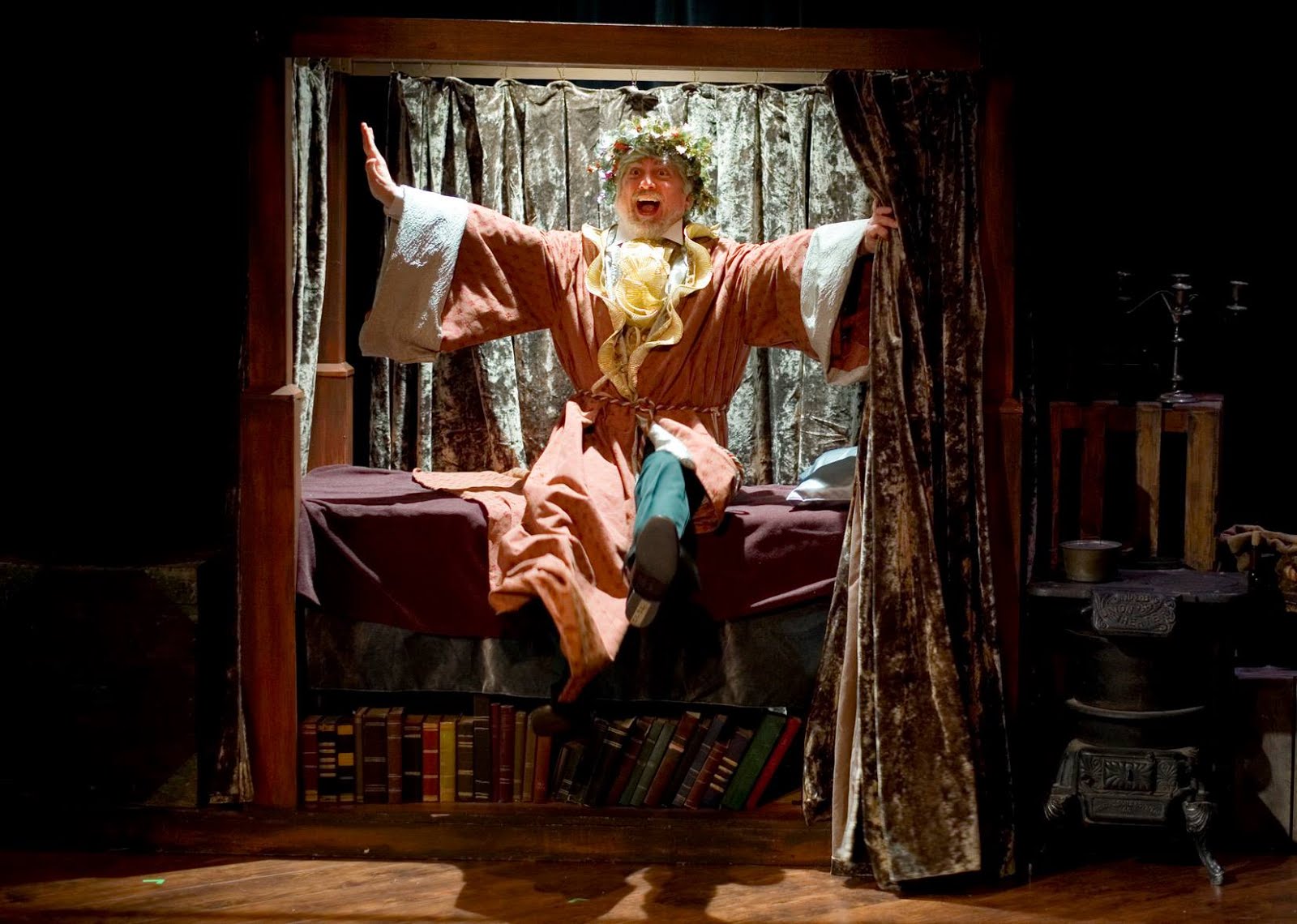
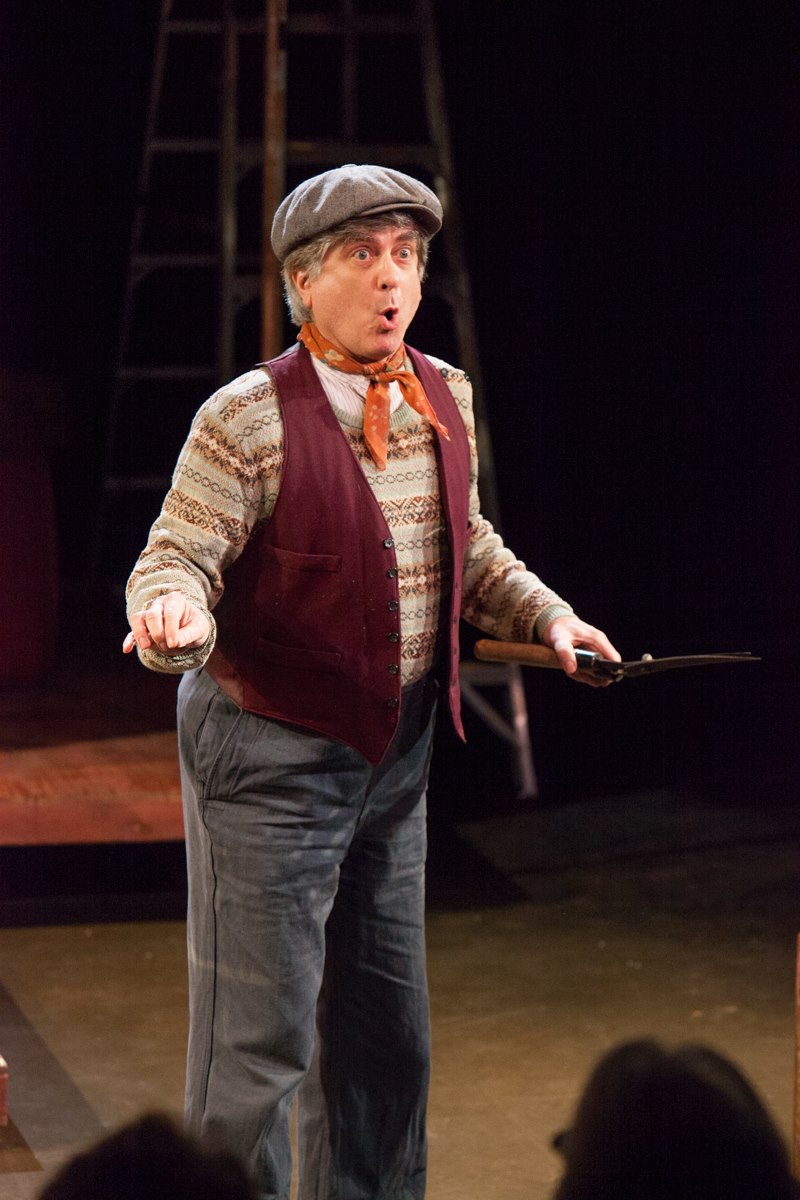
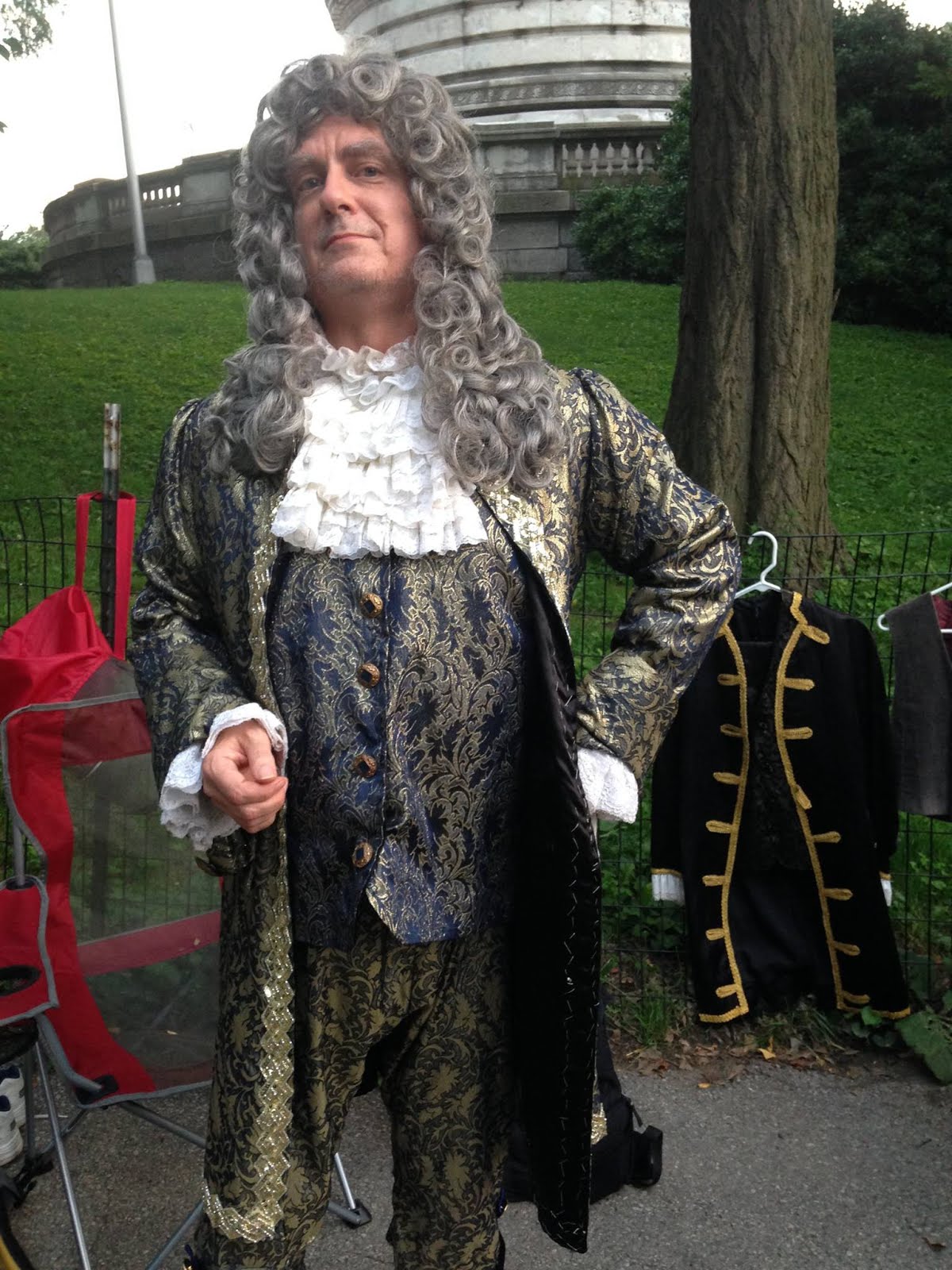


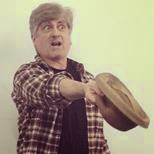
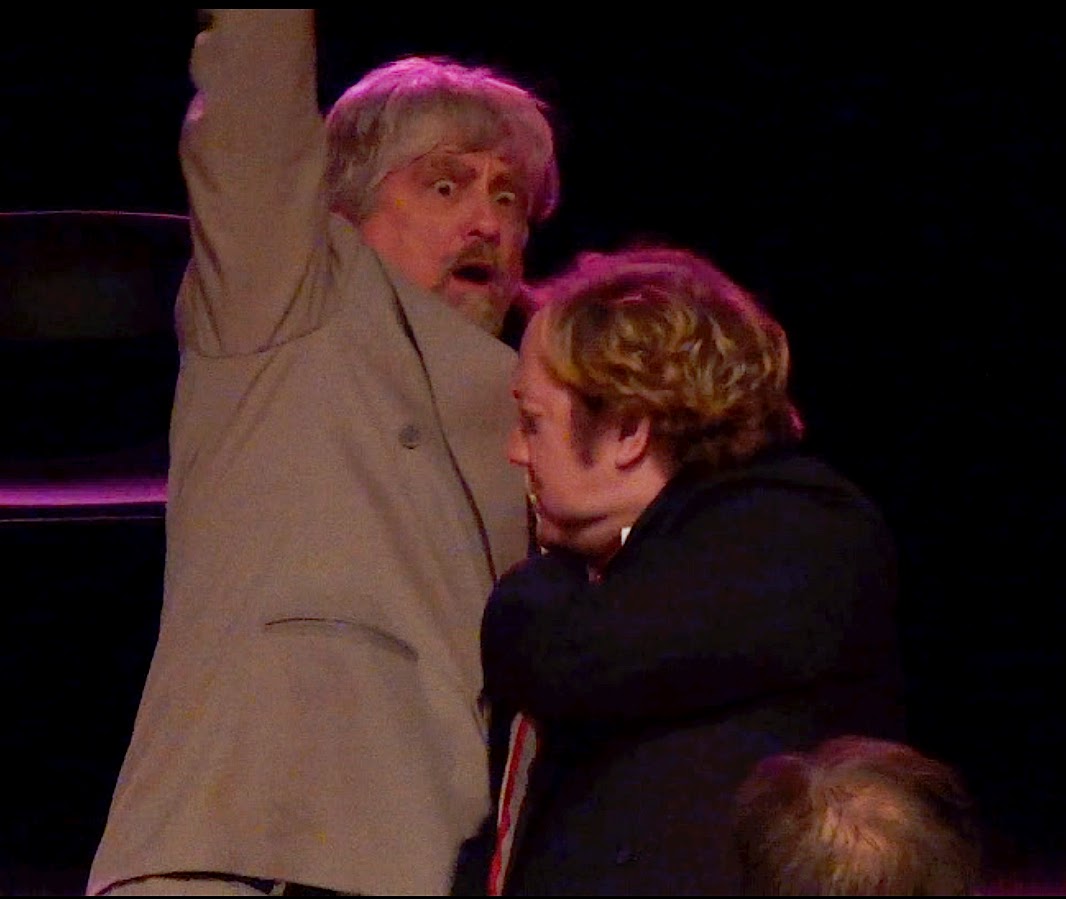
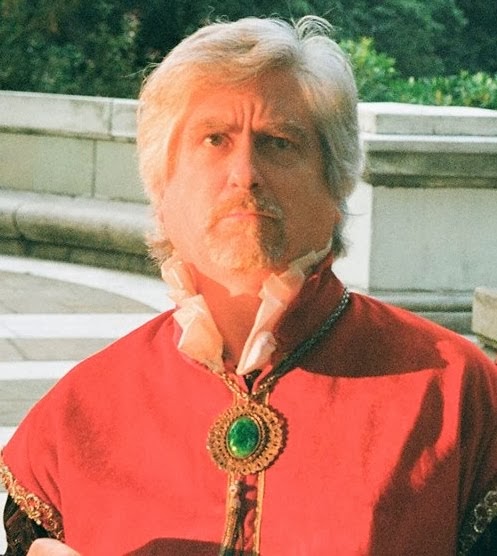














,+Olney+Theatre+Center,+2004.jpg)



,+Shakespeare+Theatre+Company,.jpg)


,+Warehouse+Theatre,+1999.jpg)
,+Are.jpg)
,+Everyman+Theatre,2002.jpg)
,+First+Nationa.jpg)
,+Shakespeare+Theatre+Company,.jpg)
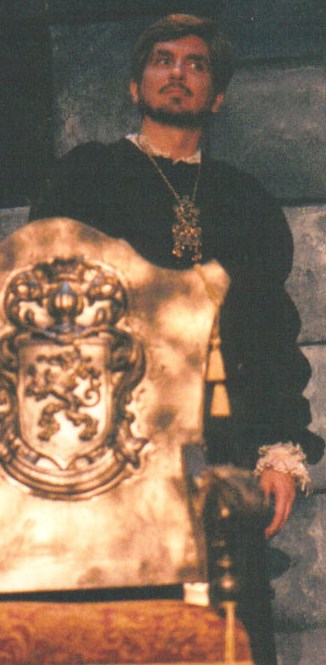





,+Granada+Th.jpg)
,+Globe+Playhouse,.jpg)
,+CSUN,+1976.jpg)


